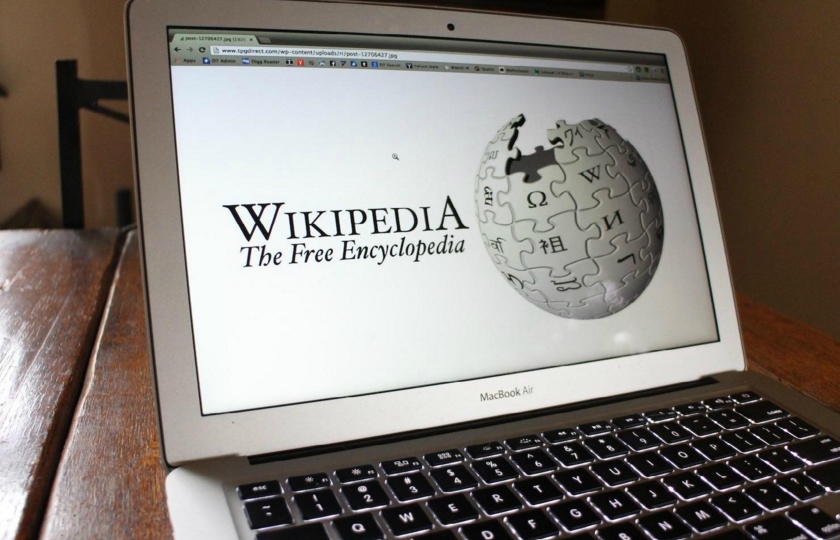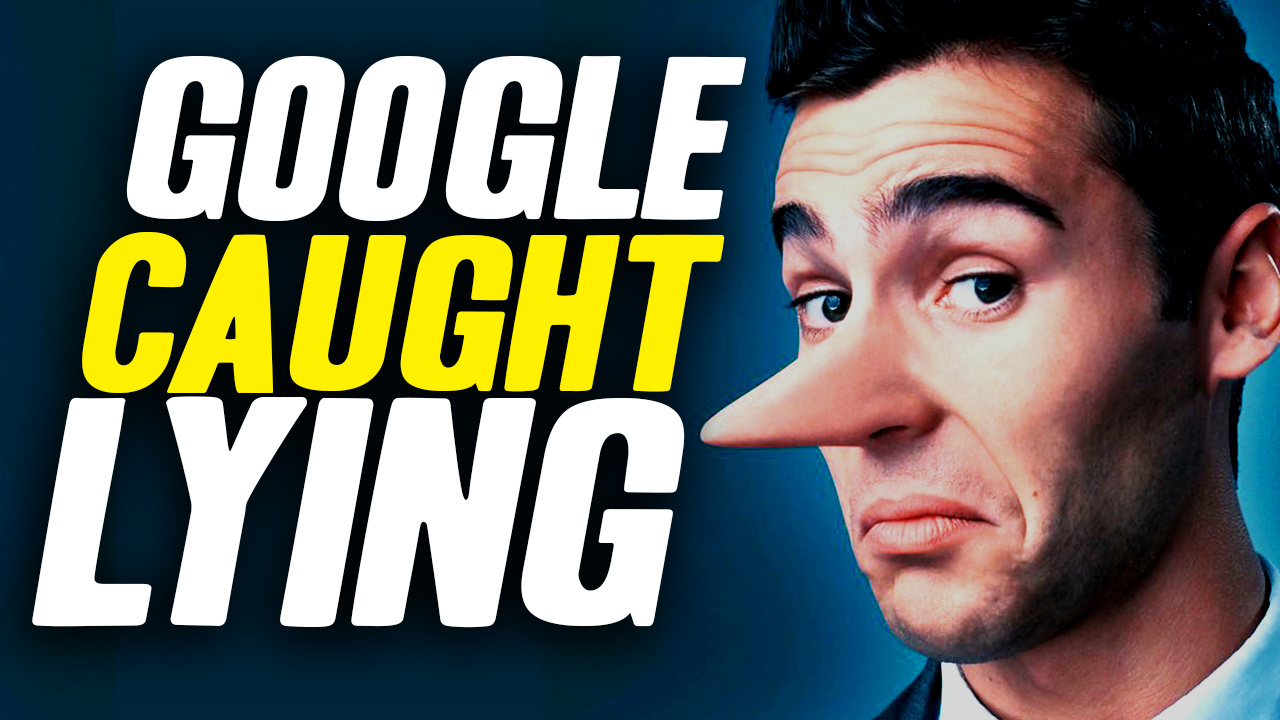Why is the New York Times promoting a Wikipedia character assassination squad?
04/22/2019 / By News Editors

The New York Times has given retired portrait photographer Susan Gerbic a bully pulpit to paint her “hobby” – Skepticism – as a benign, almost cutesy pushback against an epidemic of American credulousness. She and other “Skeptics” are shown cavorting through the nation’s second-rate hotel convention centers, tricking clairvoyants who, we’re told, are trying to trick their audiences by gleaning personal details off Facebook beforehand. It’s clear who’s supposed to be the hero and villain in this story, and the reality could not be further from the truth.
(Article by Helen Buyniski republished from PRN.fm)
Gerbic’s activities have less to do with poking holes in the stage performances of psychics than they do with manipulating the truth on one of the world’s most popular and trusted websites.
Gerbic, despite her lack of qualifications, believes she and her followers should be the arbiters of what is and is not considered valid science on Wikipedia. Her Guerrilla Skeptics – who, as the article states, have edited about 900 Wikipedia pages (1) – do not restrict their activities to the Long Island Medium or any of the other “grief vampires” Gerbic enjoys criticizing. The Guerrilla Skeptics’ activity is far more focused on attacking complementary and alternative medicine and its practitioners, respected professionals in their field who are fighting an uphill battle against the defenders of orthodox medicine that seek to marginalize them as “lunatic charlatans,” in the words of their spiritual father, Wikipedia co-founder Jimmy Wales.
Would you get in a plane if the pilot’s only work experience was selling high-fashion footwear on Fifth Avenue? Would you elect to office a dog breeder with no experience in politics? Would you trust a portrait photographer to decide what medical treatment is right for your specific condition? Certainly not, and to suggest so is absurd. Yet this is what Gerbic – and by extension the Times – are hoping you’ll do. The author even uses scientific terminology – the trick Gerbic pulls on the psychic Thomas John is “placebo-controlled, double-blind” – as if the Guerrilla Skeptics are operating under a rigorous scientific framework instead of rank amateurs looking to rack up scalps for Skepticism. Even the psychic she chooses as a target for her “sting” points this out, though his complaint – “Someone will have to be a scientist to do a scientific experiment, not someone who used to be a photographer at Sears” – is treated as sour grapes by the author, who seems to think Gerbic “caught” him. The author, however, is careful to point out no harm was done by Gerbic and her crew: John has a Lifetime show now, and he’s doing just fine.
Not all of Gerbic and the Skeptics’ victims are lucky enough to land on their feet. Wikipedia, for all the ease with which it can be manipulated, is trusted by many, and when Gerbic’s posse decide someone is a quack, their reputation is dragged through the mud by people who frequently have no idea what, precisely, it is that they do – merely that one of their Skeptic publications or idols (people like James Randi, who has bragged that while he offers a reward for proven demonstrations of psychic ability, the conditions he administers the test are such that he will never have to pay it), doesn’t like it. Wikipedia is consciously hostile to experts, so when an editor who does have some degree of familiarity with the subject matter tries to fix an entry, they are frequently shut out, accused of conflict of interest, or even banned. One of Gerbic’s team recently bragged that articles written or rewritten by the Guerrilla Skeptics had received over 26.6 million page views.(2)
That’s a lot of people to potentially turn off healing modalities that have helped so many – without the side effects of the poison pills that Wikipedia profiles without a trace of Skepticism. Videos of Gerbic instructing Skeptic gatherings on how to edit Wikipedia with an agenda are readily available on YouTube; in one, she sports a t-shirt reading “Big Pharma Shillin.’”(3)
If the shoe fits…
In an interview with Australian podcast Skeptic Zone discussing her Times triumph, Gerbic actually admits that her aim is not to inform the public about the pitfalls of “woo,” but instead to make life more difficult for her targets (which she still claims are only psychics). She also mentions she bullied the Times writer into publishing the profile, casually mentioning that the sting it documents occurred over two years ago and that out of frustration she contacted them demanding they publish or else she would. She doesn’t mention why the article was held back in the first place – perhaps because a fact-checker or two had turned up links to her activities beyond psychic-hunting, or had questions about her group’s finances – but the author was apparently able to ram it through in time for publication last week.
“I’m not really so much into educating the population. I’m more into making sure this psychic is really uncomfortable,” she boasts, gloating that her goal is to deter others from working with the psychic by ensuring her “operation” and Wikipedia work will pop up when a potential employer searches their name.(4) This admission should silence defenders who excuse her behavior by calling it educational, or a form of public service – these deceptively-cutesy “operations” are deliberately designed to damage the careers of her victims, and psychics are a tiny percentage of her targets.
Gerbic’s crew have no qualms about attacking respected individuals who’ve strayed from the path of mainstream science to commit the cardinal sin of “woo.” Rupert Sheldrake, a Cambridge-educated biologist, was an early target of this crusading faction of Wikipedia editors. Attempts to restore his bio to something approaching neutrality have been in vain, as his article has been something of a cause célèbre for Skeptic devotees new to Wikipedia who want to make public demonstrations of their faith. In the same way, Deepak Chopra, a respected healer who brought Ayurveda into the modern age, has been targeted for special treatment because of a Richard Dawkins program. Award-winning journalists like Sharyl Attkisson who have the courage to expose the harms of vaccines are mercilessly attacked, portrayed as cranks for their willingness to go against the grain – a trait once valued in our Fourth Estate which is now all but criminalized. And if you’re a celebrity who has spoken out against vaccines? Forget about it. Actress Jenny McCarthy’s Wikipedia bio, at one point, was half bio, half anti-“anti-vaxxer” screed, courtesy of Wikipedia’s Skeptic elite.
For someone who claims to be so concerned with the authenticity (or lack thereof) of psychics, Gerbic and her crew have no problem violating Facebook’s authenticity rules to create fake profiles in order to entrap said psychics. Given the epidemic rate of sock puppetry at Wikipedia, where – unlike Facebook – users aren’t even expected to give their real names, it is worth investigating how many of the Skeptic crusaders on that site are merely Gerbic’s crew, cloning themselves ad infinitum to win arguments. The article reports there are only 144 Guerrilla Skeptics – how has such a small group (Wikipedia has hundreds of thousands of active editors) wrested control of entire subject areas like complementary and alternative medicine away from the more even-handed point of view of the “average” Wikipedia editor (if there is such a thing)?
Gerbic has posted her communications with Wikipedia co-founder Jimmy Wales on her public blog, and her use of the same terminology as Wales – “lunatic charlatans” to describe practitioners in alternative and natural healing methods suggests some degree of familiarity. At the very least, their abuses of Wikipedia’s notoriously flexible rules are allowed to stand where others’ are immediately reverted. The Skeptics count several administrators among their number – admins who will gladly go to war with the forces of “woo” to ensure the average internet user does not encounter alternative healing modalities presented in a neutral or – heaven forbid – sympathetic light.
Gerbic and her Guerrilla Skeptics aren’t skeptical at all – they swallow orthodox medicine hook, line, and sinker, regardless of its harms and side effects, and attack anyone who points out those flaws. They are deliberately blind to the inconsistencies within their own worldview. Calling them scientists is an insult to science. Perhaps this is why they’ve changed their name to “About Time,” as of late last year. “Conference attendance, lectures, videos, podcasts, and interaction on social media and in person” are the channels for this renamed group’s activism – soon to be incorporated as a nonprofit, if it is not already.(5) Yet the Times article discusses Guerrilla Skeptics, as if the author hasn’t followed up on Gerbic and her group’s activities in quite some time. What’s going on here? Have GSoW become so wildly unpopular due to their scorched-earth tactics against alternative medicine that they’ve been forced to change their name? If so, why is the New York Times running interference with this puff piece?
Read more at: PRN.fm
Tagged Under: Big Tech, character assassination, deception, disinfo, fake news, lies, New York Times, propaganda, skepticism, tech giants, Wikipedia
RECENT NEWS & ARTICLES
COPYRIGHT © 2017 BIASED NEWS



















